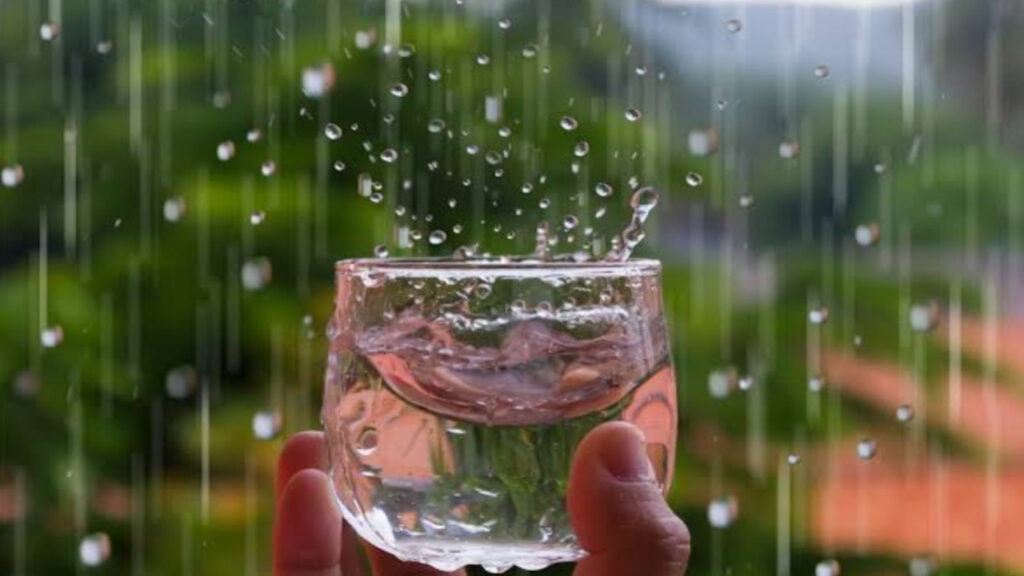Rainwater
Rainwater, a natural gift from the skies, is often seen as just a part of the weather cycle. However, when collected and used properly, rainwater can be highly beneficial in many areas of life. It holds great potential, especially in a world increasingly facing water scarcity and environmental challenges.

Agriculture
One of the most significant uses of rainwater is in agriculture. Farmers in rural areas heavily rely on rainfall to irrigate their crops. Especially in regions where irrigation systems are either unavailable or expensive, rainwater serves as a lifeline. It nourishes the soil, reduces the dependency on groundwater, and can help produce better yields. Storing rainwater in farm ponds or tanks ensures water availability even during dry spells.
Domestic Use
Another area where rainwater proves valuable is in domestic use. With proper rainwater harvesting systems installed on rooftops, households can collect and store rainwater for non-drinking purposes. This water can be used for cleaning, washing, watering gardens, and even flushing toilets. This reduces the load on municipal water supplies and lowers water bills, especially in urban areas.

Recharging Groundwater
Rainwater is also beneficial in recharging groundwater. By allowing rainwater to seep into the ground through specially designed soak pits or recharge wells, the underground water level can be maintained or even improved. This is particularly crucial in areas where groundwater is depleting at an alarming rate due to overuse and lack of replenishment.
Reducing Waterlogging
In urban planning and city management, rainwater helps in reducing waterlogging and urban floods. By designing effective drainage systems and incorporating rain gardens or permeable pavements, cities can prevent water from accumulating on roads and streets. This not only protects infrastructure but also reduces health hazards associated with stagnant water.

Environmental Benefits
Environmental benefits of rainwater cannot be ignored either. Rainwater collection reduces erosion and runoff, which can carry harmful chemicals into rivers and lakes. By capturing and utilizing rainwater, we also reduce our dependency on processed water, which requires energy and chemicals for purification. Thus, it plays a role in conserving energy and protecting the environment.
Educational Tools
In schools, colleges, and government buildings, rainwater harvesting systems can serve as educational tools, spreading awareness about water conservation among the younger generation.
To sum up, rainwater is far more than just a seasonal phenomenon. From farms to cities, from homes to schools, rainwater can be a powerful and sustainable resource if managed wisely. In a time when every drop of water counts, utilizing rainwater could be one of the smartest and simplest ways to secure our water future.





